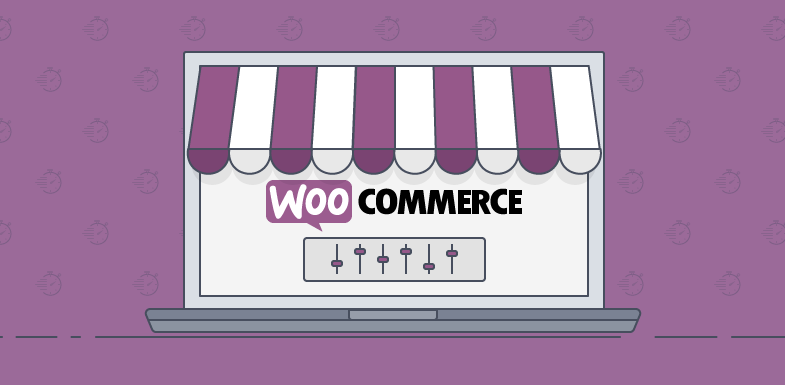Automated Scheduling Table of Contents
As the modern world demands increased efficiency and flexibility in scheduling appointments and meetings, online scheduling tools have become indispensable for professionals and businesses. Two popular options in this domain are Calendly and Google Calendar’s new feature that allows users to set an open schedule for direct bookings. I want to compare these two scheduling solutions, exploring their features, benefits, and drawbacks, to help you make an informed decision about which one best suits your needs.
Calendly: Streamlined and Customizable Scheduling
Calendly has gained immense popularity for its user-friendly and streamlined approach to scheduling appointments. With Calendly, you can create personalized booking links and share them with clients or colleagues, eliminating the back-and-forth of finding mutually suitable meeting times. Key features of Calendly include:
a. Multiple Event Types: Calendly allows you to set up various event types with different durations and availability, tailored to your specific needs. Whether it’s a one-on-one meeting, group event, or interview, you can create a customized scheduling flow.
b. Integration Options: Calendly seamlessly integrates with popular calendar apps such as Google Calendar, Outlook, and others, ensuring your events are automatically synced across all platforms.
c. Time Zone Detection: This handy feature detects the time zone of your invitees, preventing any confusion arising from scheduling across different regions.
d. Automated Reminders: Calendly sends automated email notifications and reminders to both you and your invitees, reducing no-shows and missed appointments.
Google Calendar’s Open Schedule: Direct Bookings Made Easy
Google Calendar’s new feature offers users the option to set an open schedule for direct bookings, marking specific time slots as available for appointments. This feature is particularly beneficial for those who prefer a more direct approach to scheduling. Let’s delve into its advantages:
a. Seamless Integration: As an extension of Google Calendar, the open schedule feature integrates effortlessly with your existing Google account, ensuring a unified scheduling experience.
b. Simplified Process: For individuals who wish to keep scheduling simple, this option eliminates the need to use a third-party tool like Calendly. It allows people to directly book time with you based on your designated availability.
c. Instant Updates: Any changes you make to your open schedule are immediately reflected in real-time, so invitees always have access to your most up-to-date availability.
Calendly vs. Google Calendar’s Open Schedule: The Verdict
While both Calendly and Google Calendar’s open schedule offer distinct advantages, the choice ultimately depends on your individual preferences and requirements.
Choose Calendly if:
- You require a highly customizable scheduling tool with various event types.
- Integration with multiple calendar platforms is essential for your workflow.
- Automated reminders and time zone detection are crucial for reducing scheduling-related issues.
Choose Google Calendar’s Open Schedule if:
- You prefer a straightforward and direct approach to scheduling.
- Your primary calendar usage revolves around Google Calendar, and seamless integration is your priority.
- You want a simple solution that doesn’t involve using an additional tool.
Conclusion
In the battle of Calendly vs. Google Calendar’s open schedule feature, both options offer great value depending on your scheduling needs and preferences. Calendly stands out with its customizable event types and advanced integration options, while Google Calendar’s open schedule simplifies the booking process for those already invested in the Google ecosystem.
Whichever solution you choose, embracing an efficient scheduling tool will undoubtedly boost your productivity and save you valuable time, allowing you to focus on what truly matters—building meaningful connections and achieving your goals.








